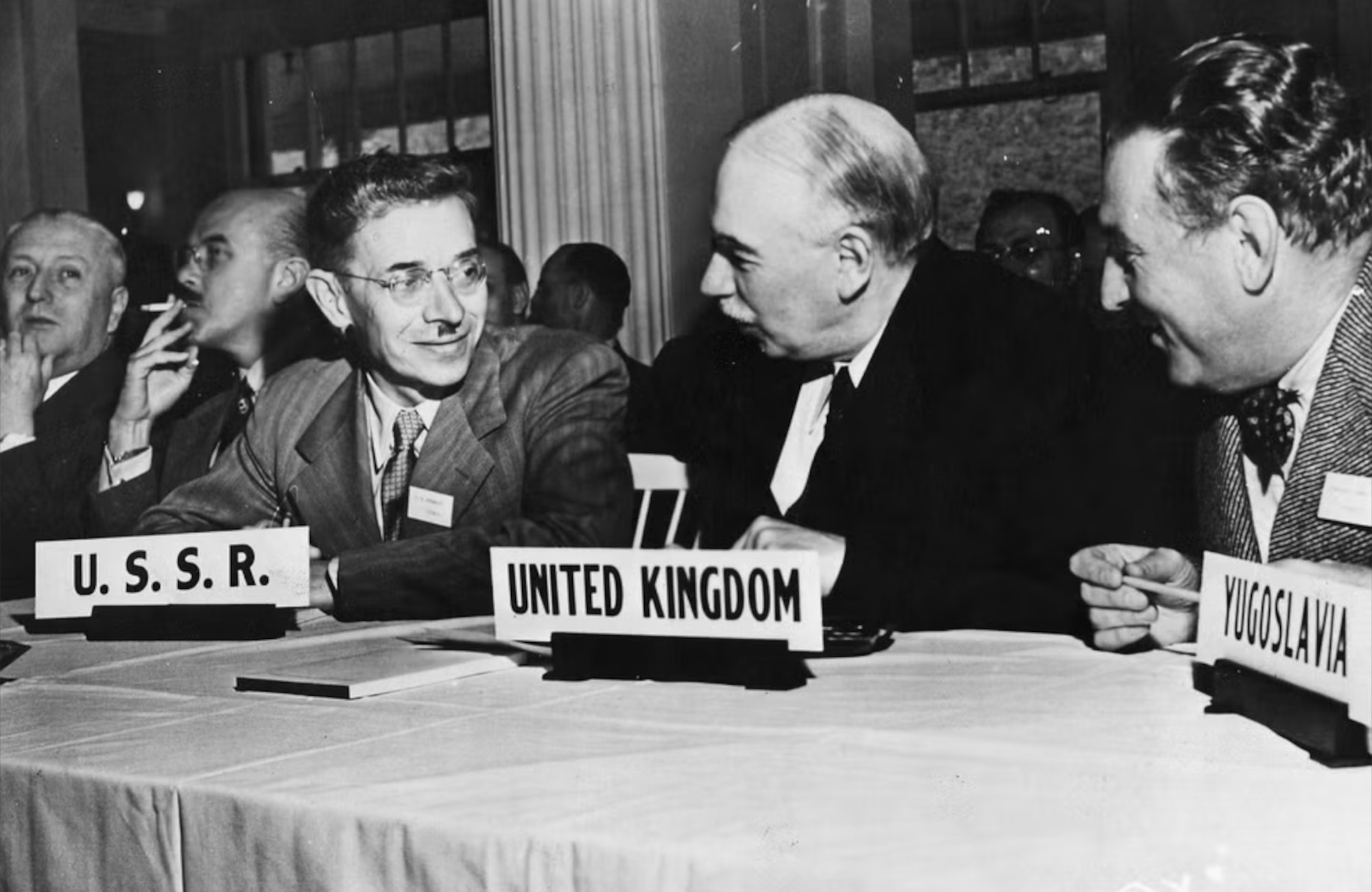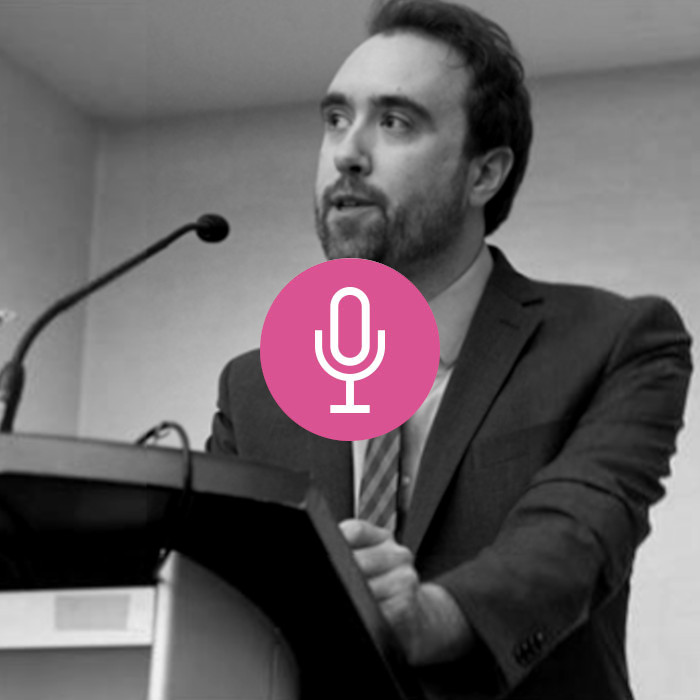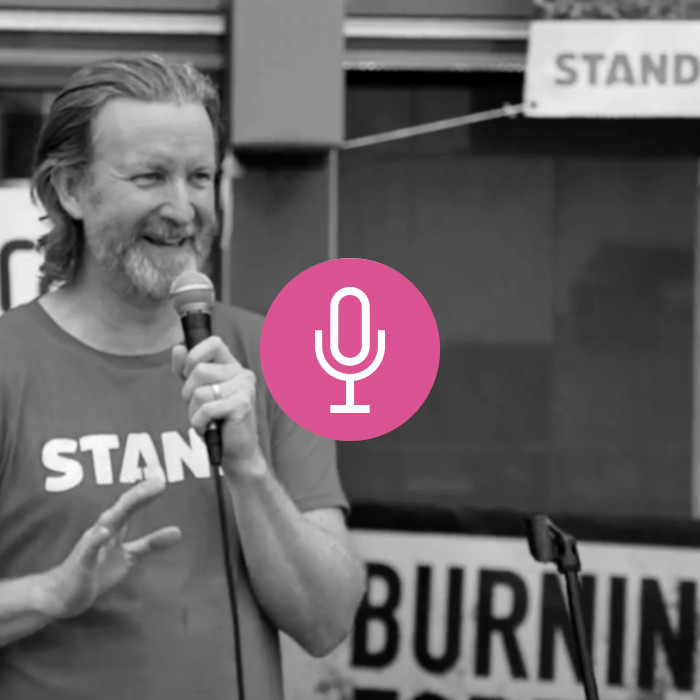A new World Climate Bank could anchor a global green and just public finance system – but not if its modelled after the failing World Bank de-risking model. De-risking bends the use of public money towards maximising private investors’ returns in climate finance, but with little to no regard for just green transitions.
Current global funding commitments for climate protection, adaptation, and compensation for climate loss and damage are disproportionately inadequate. Average annual flows of climate finance average at best $653 billion for public and private sources combined. Yet global climate finance must increase some eight-fold $5 trillion annually by 2030 to keep the 1.5°C climate target alive.
Private finance appears unable and unwilling to respond at the scale, pace, or terms appropriate to meeting the 1.5°C climate target (even with de-risking). Although innovative approaches exist, private finance has not shown the leadership needed, evidenced by rife financial greenwashing and the rolling back of GFANZ COP26 commitments to mobilise its combined $130 trillion towards a net-zero future.
By contrast, public climate finance commitments have outpaced private ones. Moreover, public national and multilateral public banks are making significant advances towards 2030 Sustainable Development Goals (SDG) alignment and are even out-right banning the financing of fossil fuel energy. More work needs to be done, and public banks are not inherently good or bad. But the future of climate finance, indeed of green and just transitions, has a distinctively public pathway.
A new institution – a World Climate Bank (WCB) – is the catalyst needed to keep 1.5°C alive, and to do it for the public good. What would make the WCB more effective than, say, the World Bank and its de-risking private investment ethos, at financing green and just transitions?
Instead of chasing after costly and ineffective public-private partnerships (long-term contractual arrangements where for-profit private investors deliver public infrastructure and services once provided by governments) and the de-risking of private investments, the WCB would be anchored in public-public collaborations. Public-public collaborations are non-competitive relationships among public sector entities geared towards realising shared ambitions, such as essential services like water and the 2030 SDGs.
Public-public collaborations can enable the WCB to prioritise public policy, not private investor profits. Rather than focusing on sustaining private sector financialised profit targets, WCB success would be gauged on achieving ambitious climate targets and equitable social transitions. This can be done most effectively within a global ecosystem of policy-maximising public banks.
The WCB would be placed at the heart of an already-existing global pool of nearly 1000 public development, savings, retail, postal, and universal banks, from the local to the multilateral levels, which hold combined assets of about $53 trillion. This ecosystem of global public financial capacity remains largely untapped and uncoordinated, so more needs to be done for climate finance and SDG-alignment.
The public multilateral development banks, with their access to cheap long-term capital and regional networks, could play a supportive role for a new WCB in networking with national and sub-national public banks. The WCB would leverage centralised and decentralised solutions for ensuring green and just climate financing options.
New and inclusive forms of governance will be needed. The WCB would emerge as a kind of global finance global governor. The WCB would have a role in creating, supporting, and integrating a climate finance focused multi-actor system (ranging from municipalities to multilateral United Nations agencies) that steadfastly pursues shared policy goals of green and just transitions in ways improbable or impossible without global coordination and coherent action. The WCB would integrate rather than reinforce fragmentation and market competition.
The weighted voting systems and majority rule voting characteristic of the World Bank and other multilaterals are not fit for green and just purposes. This global financial system, dominated by the USA and its veto power, fosters unequal relationships and inequality. A green and just WCB must create new rules for allocating shares and voting rights to members in an inclusive and democratic way.
Fortunately, the world of public banks provides existing models for inclusive and democratic governance. Diverse public bank boards of governors integrate high-level political leadership with decentralised representation of local authorities; allocate seats to sectoral representatives of municipalities, trade unions, business, other banks, social sectors, and so on; and have provisions to include the expertise and knowledge needed for the bank to function sustainably and stably in the long-run and in accordance with their public mandates.
Whereas the governance of the World Bank is disproportionately guided by institutionalised commitments to private sector growth, privatisation of public services, individual property rights, and accelerating market competition, the WCB would be founded upon non-competitive public collaboration, free, prior, and informed consent of communities, and democratic governance that is accountable and transparent.
In this way the WCB could integrate willing champions to advance its laser-focused institutional mandate of advancing green and just transitions in the public interest. The interests of sustainability, workers, the poor and marginalised, women, and racialised communities would be lifted up in community rather than subordinated to profit imperatives in markets.
In this, the working norms of the WCB would be qualitatively distinct. The WCB would constitute an international forum (and potentially legislator) wherein non-state and civil society actors meaningfully participate in green and just climate finance co-creation of binding metrics and standards. The interests of people and communities affected by climate projects would be made transparent. Wrongdoings would be held to account. The WCB would not rely on conventional Western norms as the only legitimate ones, but make space for alternative ways of knowing, notably Indigenous ones.
The WCB must find new ways of funding green and just transitions. Generous contributions from concessional funds would allow the WCB to take a different approach to climate lending. Lending should be more closely aligned with the priorities and needs of borrowing countries, above all those of the indebted Global South. Regardless of stakeholder composition, green and just climate financing can only occur with significant budgetary support from wealthy nations. Based on the vast global inequalities in carbon footprints, progressive carbon tax systems can be a source of financing for the WCB. A combination of tax instruments focuses on consumers and investors in carbon-intensive activities. The WCB, backed by sovereign guarantees and callable capital, will have access to the cheapest rates possible in international financial markets.
Finally, the WCB needs building as a repository and incubator of leading edge thinking on financing of green and just transitions. This means having a commitment to in-house expertise on everything from financial risk assessment to environmental engineering.
The global climate crisis requires not only global solutions but solutions attentive to local priorities, representation, and consent. Fit-for-purpose global climate finance needs to mobilise large-scale investments at the pace, scale, and terms appropriate for green and just transitions – while transferring resources from developed to developing countries. The WCB can play a role in fulfilling this dual role, and in ensuring just transitions. The WCB’s public function is to finance a socially just, sustainable, stable, and democratic green transition in the public interest. Social actors will need to hold the WCB accountable for doing so in the public good.
Thomas Marois is Professor of Political Economy, Department of Political Science at McMaster University. Find him on Twitter @Thomas_Marois
Read more:

- Opinion
- By Leandro Vergara-Camus
- 14 July, 2023






